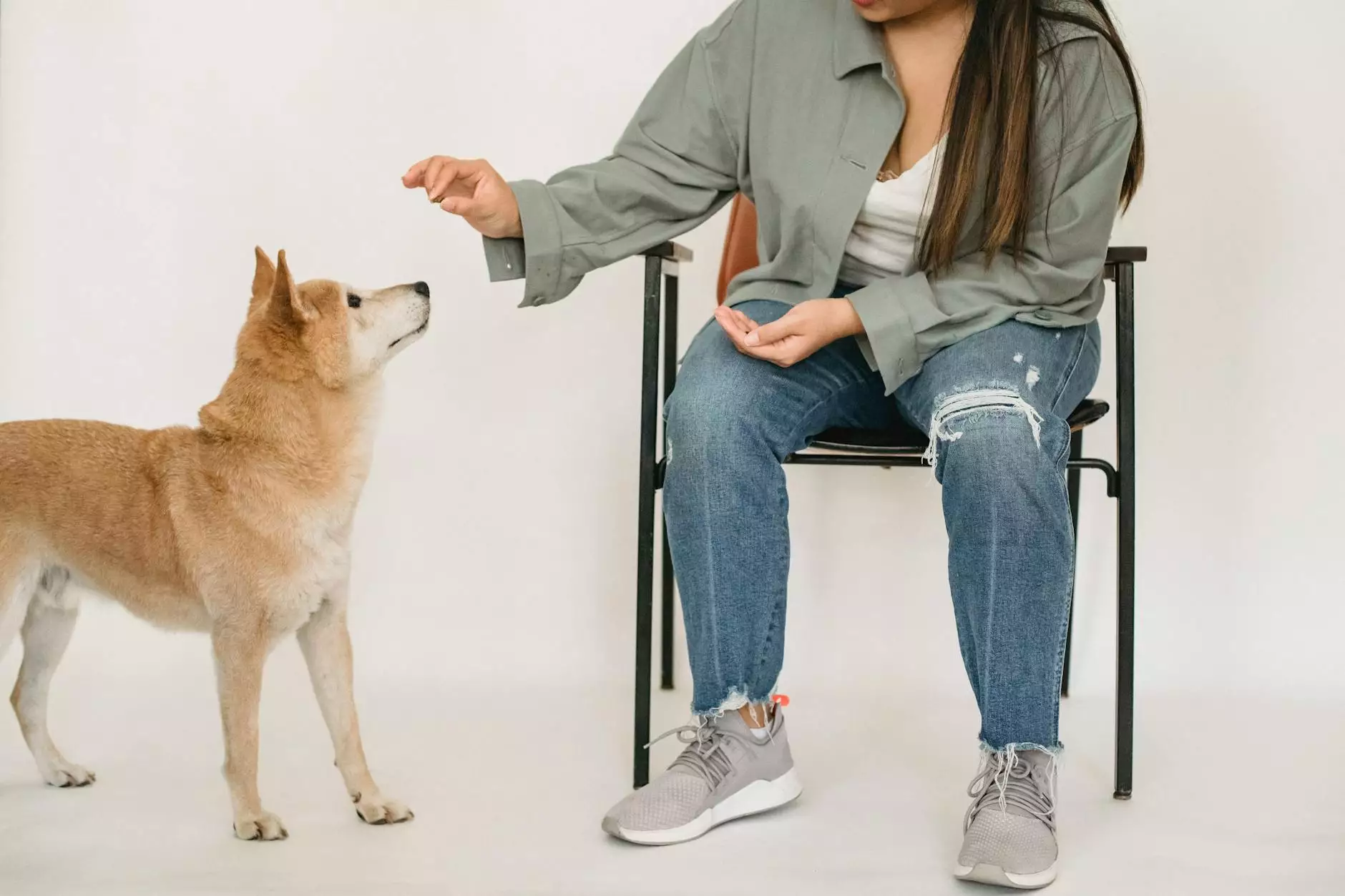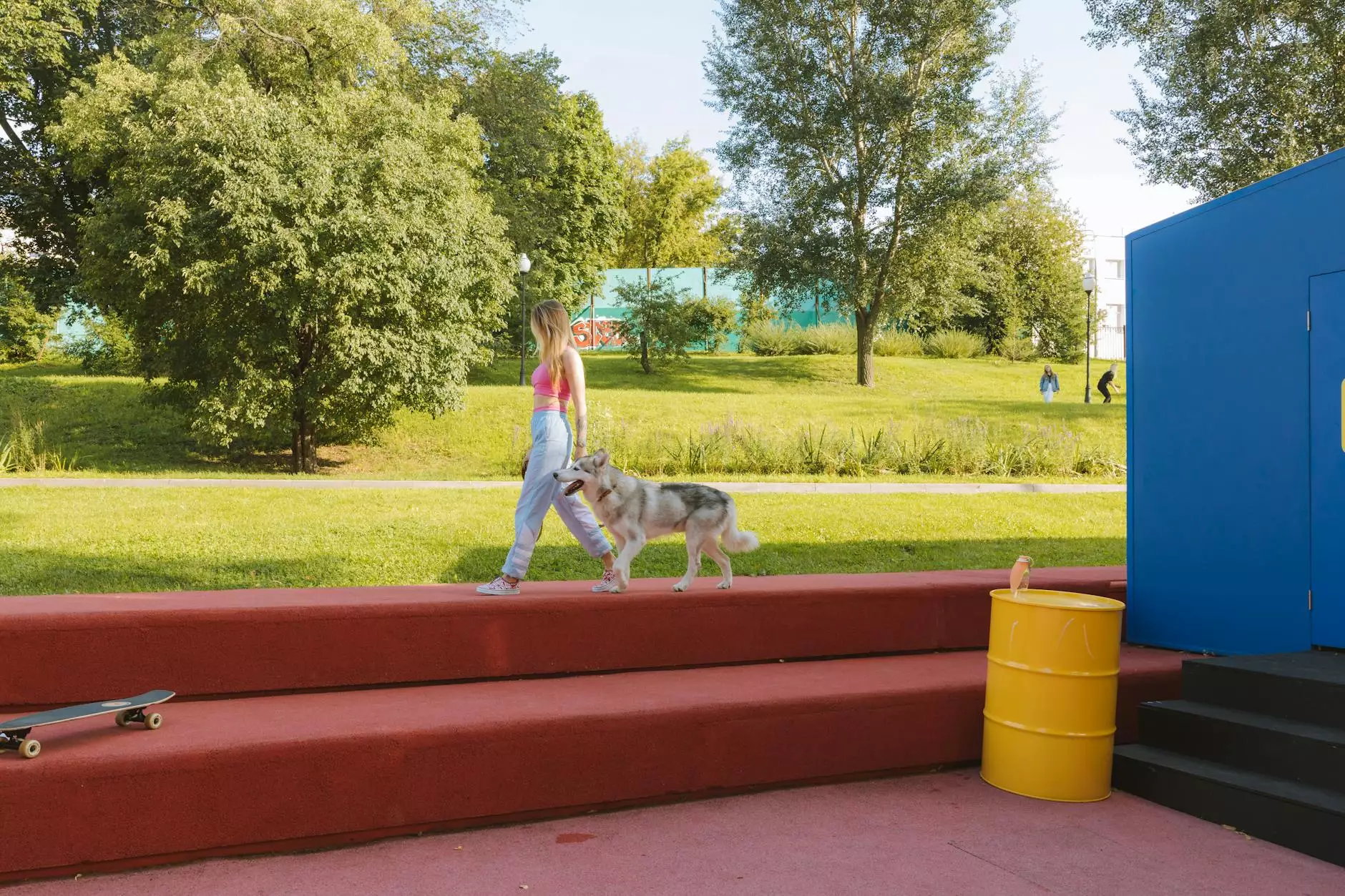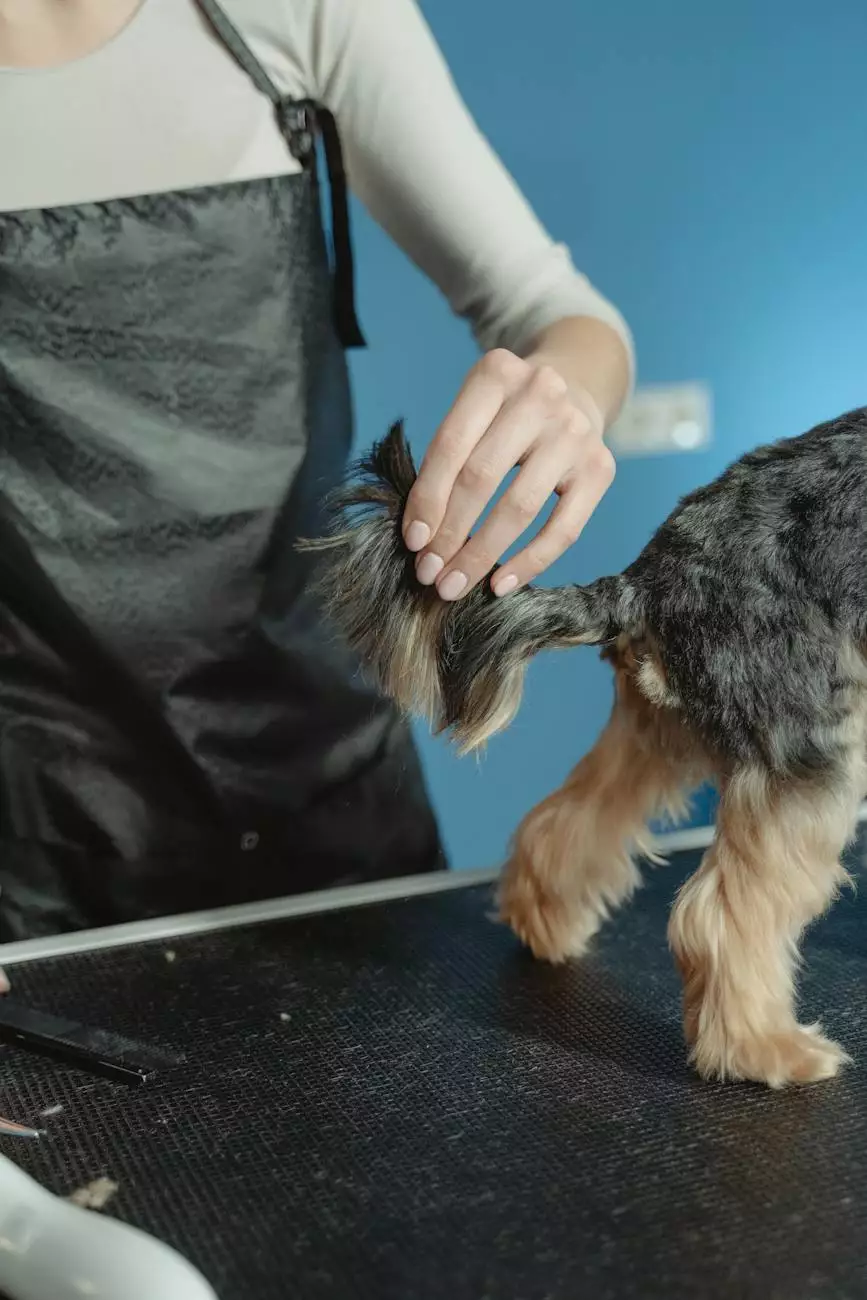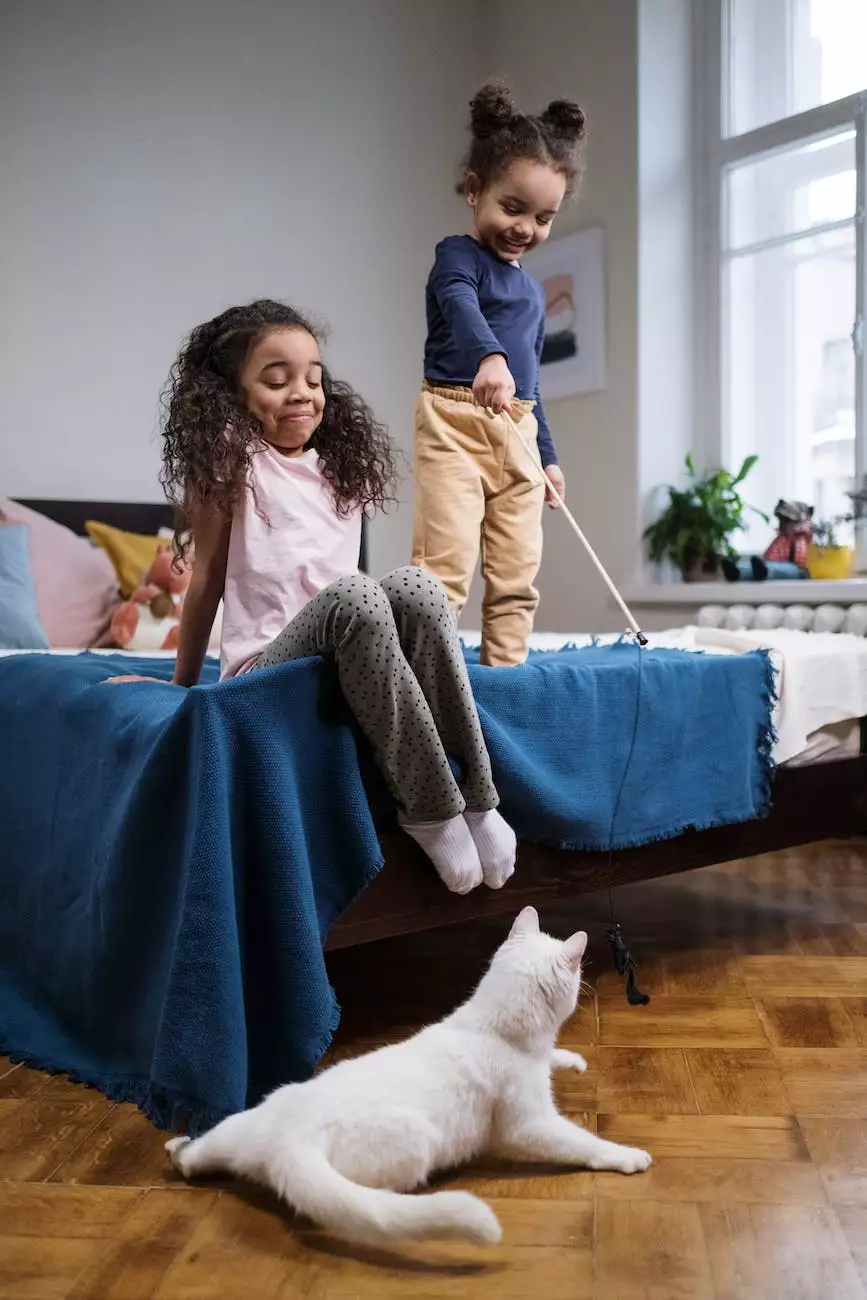All About Puppy Biting - The Do's and Don'ts
Puppy Training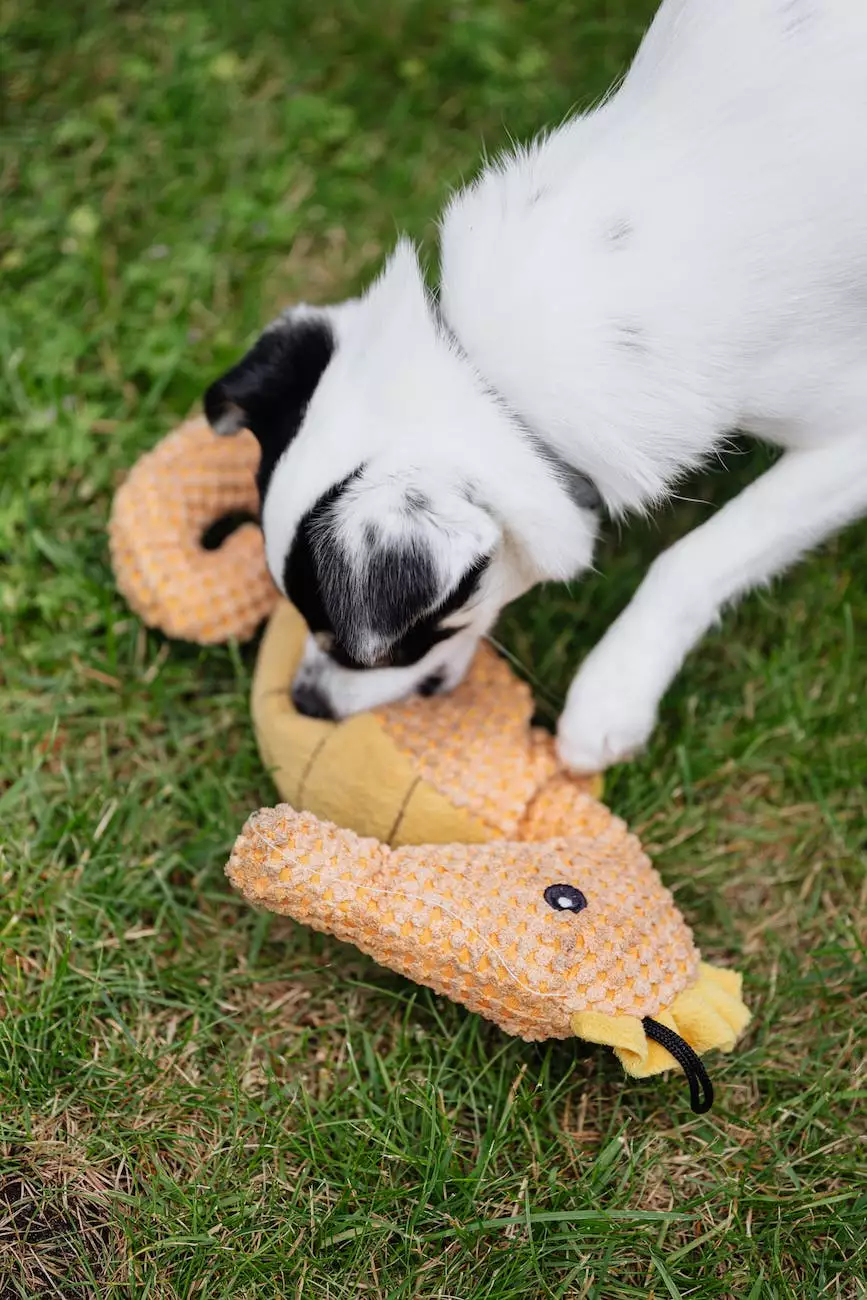
The Importance of Puppy Biting Training
Puppy biting is a natural behavior for young dogs as they explore and learn about their environment. However, it is crucial to teach them proper bite inhibition to prevent future issues and ensure a harmonious relationship between you and your furry friend.
The Do's of Puppy Biting Training
1. Start early: Begin training your puppy as soon as you bring them home. Early intervention will facilitate better results and make the training process smoother.
2. Socialization: Expose your puppy to various situations, people, and other animals to help them understand appropriate behavior and develop good manners around others.
3. Positive reinforcement: Reward your puppy with treats, praise, and affection when they exhibit gentle behavior or refrain from biting. Positive reinforcement establishes a positive association and encourages your puppy to repeat desired actions.
4. Provide appropriate chew toys: Offer your puppy a variety of chew toys specifically designed for teething. This will redirect their biting habits towards appropriate objects and protect your belongings from becoming chewed up.
5. Consistency and patience: Be consistent with your training methods and patient with your puppy's progress. Achieving desired results takes time, and consistency in training will yield long-term behavior changes.
The Don'ts of Puppy Biting Training
1. Never use physical punishment: Never resort to physical punishment or harsh techniques when disciplining your puppy for biting. This can instill fear and aggression, leading to more severe behavioral issues.
2. Avoid yelling or screaming: Loud noises and aggressive reactions may startle your puppy or reinforce negative behavior. Stay calm and composed when addressing biting incidents.
3. Don't encourage rough play: Discourage any rough play that may encourage your puppy to bite or nip excessively. Redirect their energy towards appropriate activities and engage in gentle playtime together.
4. Avoid encouraging biting on hands or feet: Do not allow or encourage your puppy to bite or chew on your hands or feet. This can create confusion about acceptable biting behavior and pose safety risks.
5. Steer clear of negative reinforcement: Avoid using aversive techniques such as shock collars or sprays, as they can harm your puppy's psychological well-being and undermine the trust-building process.
Expert Advice from The Upbeat K9
At The Upbeat K9, we understand the unique challenges of puppy biting and offer expert advice and training solutions to help you address this behavior effectively. Our team of certified trainers specializes in gentle, positive reinforcement methods that promote healthy communication between you and your puppy.
We believe in building a strong bond and mutual understanding between owners and their furry companions. Our tailored training programs aim to equip you with the knowledge and skills needed to tackle puppy biting and other behavioral issues.
Conclusion
Puppy biting is a behavior that can be modified with the right training techniques and consistent guidance. By implementing the do's and avoiding the don'ts, you can teach your puppy proper bite inhibition, fostering a well-behaved and well-adjusted dog.
Remember, understanding your puppy's needs and providing them with a positive, nurturing environment is key to successful training. Reach out to The Upbeat K9 for personalized assistance and take the first step toward a harmonious life with your puppy!

